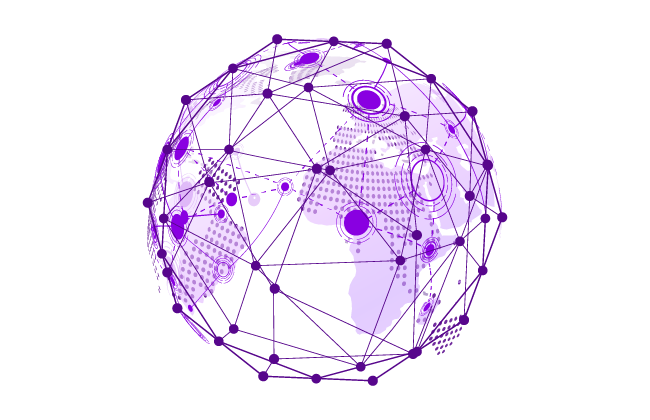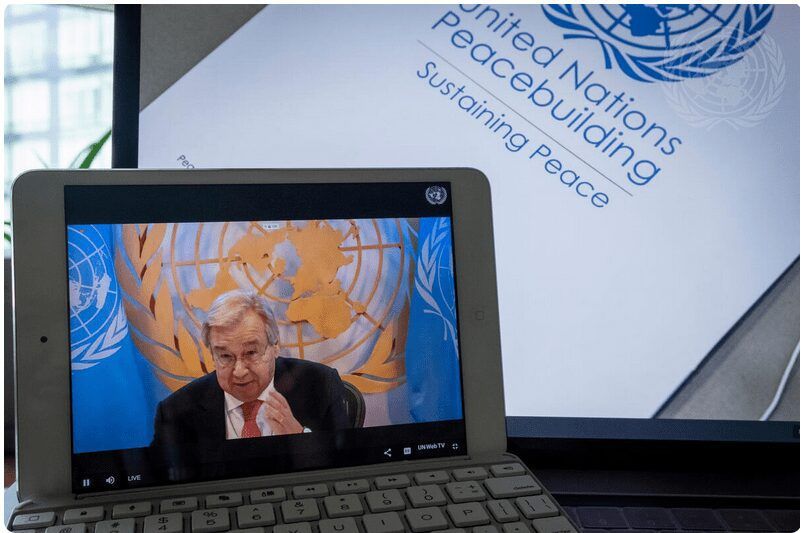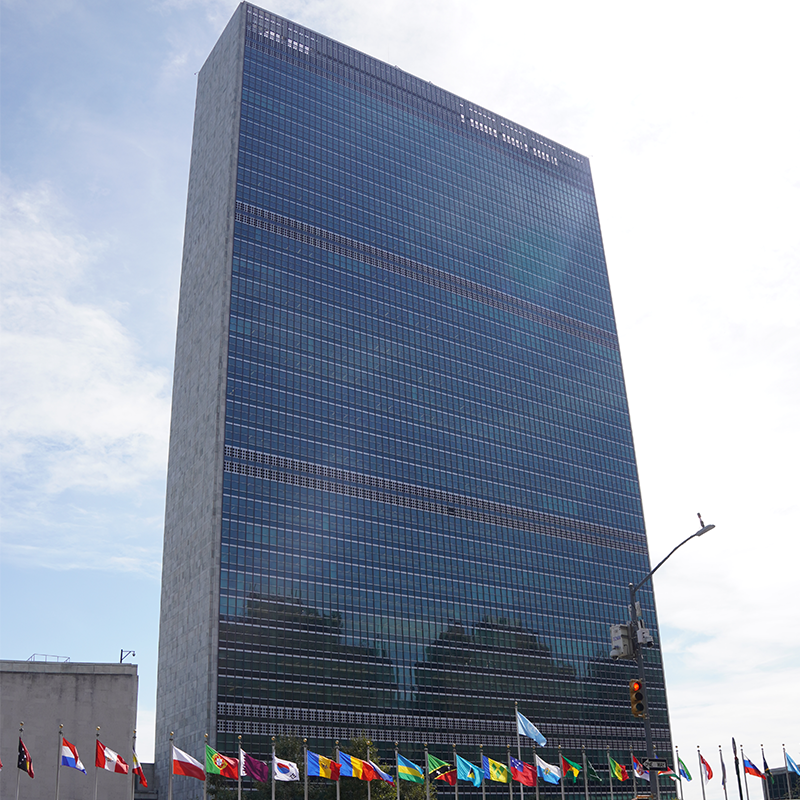The objectives of the program are to provide an evidence base for improving responses on the ground and to contribute to policymaking in support of collective action at the global, regional, and national levels.
Preventing Crises and Building Peace
This program works to strengthen the effectiveness of the work of the UN peace and security pillar and the coherence of UN responses in fragile and conflict affected contexts through people-centered triple nexus approaches.
Prevention and Peacebuilding
Despite the United Nations having been established to save succeeding generations from the scourge of war, the multilateral system continues to focus on response rather than on prevention. The resurgence of great power competition and interstate war, the climate change crisis, and shocks such as the COVID-19 pandemic only serve to increase the urgency of translating prevention and peacebuilding from rhetoric to reality.
Our work on prevention and peacebuilding includes the following lines of effort:
- Nationally led prevention strategies: Highlighting the universal relevance of prevention and supporting the design and implementation of effective national prevention strategies.
- Good peacebuilding financing: Improving the coherence and effectiveness of peacebuilding efforts through the identification of best practices in peacebuilding financing.
- Data-driven approaches to prevention and peacebuilding: Fostering innovative, data-driven, and tech-forward approaches to prevention and peacebuilding.
Peace and security reform at the United Nations
The past decade has been marked by a precipitous decline in the perceived effectiveness and relevance of UN peace operations in responding to peace and security challenges. Through this workstream, we focus on articulating a new vision for peace operations to address the shortcomings that have become evident in existing approaches and on identifying the shifts in policy and practice necessary for the UN to plan and deploy tailored, adaptive, and people-centered missions.
The program continues the tradition of work on peace operations at CIC, including its long-standing Global Peace Operations Review series.
Humanitarian Crises
Our work on humanitarian crises builds on two decades of work to advance peace, justice, and inclusion in crisis-affected areas. Its current efforts are guided by the conclusions of a multi-year review of efforts by the UN and its partners to operationalize the humanitarian-development-peace triple nexus, and focus on three main areas:
This program currently focuses on three main areas:
- Government and localization
- Aid modalities in politically-contested circumstances
- UN reform and capacity on the humanitarian-development-peace (HDP) nexus



